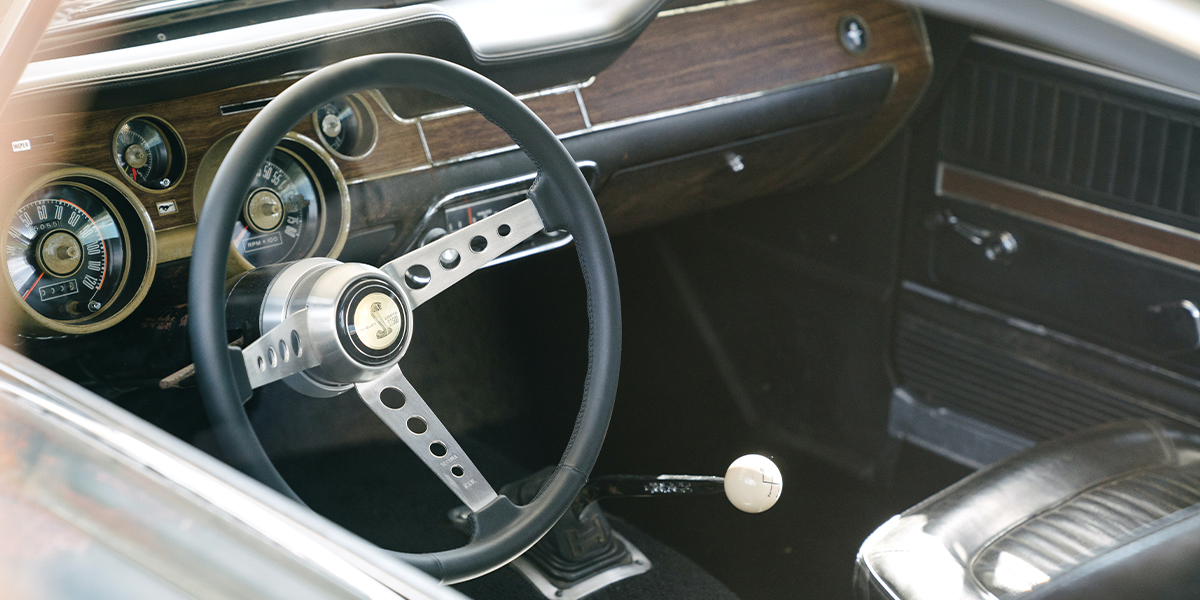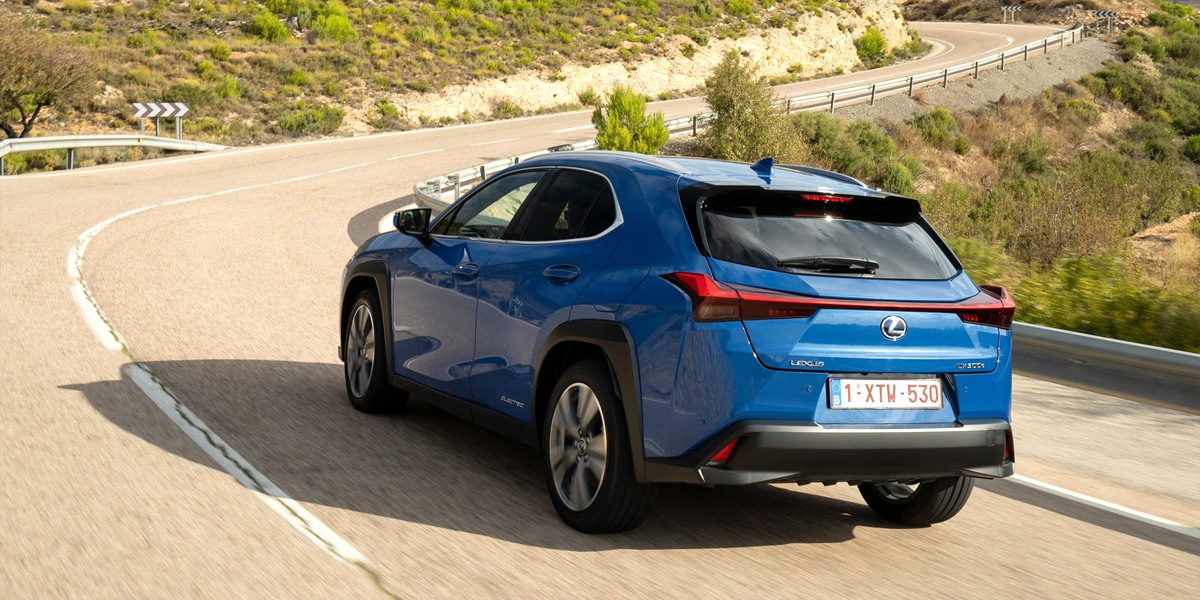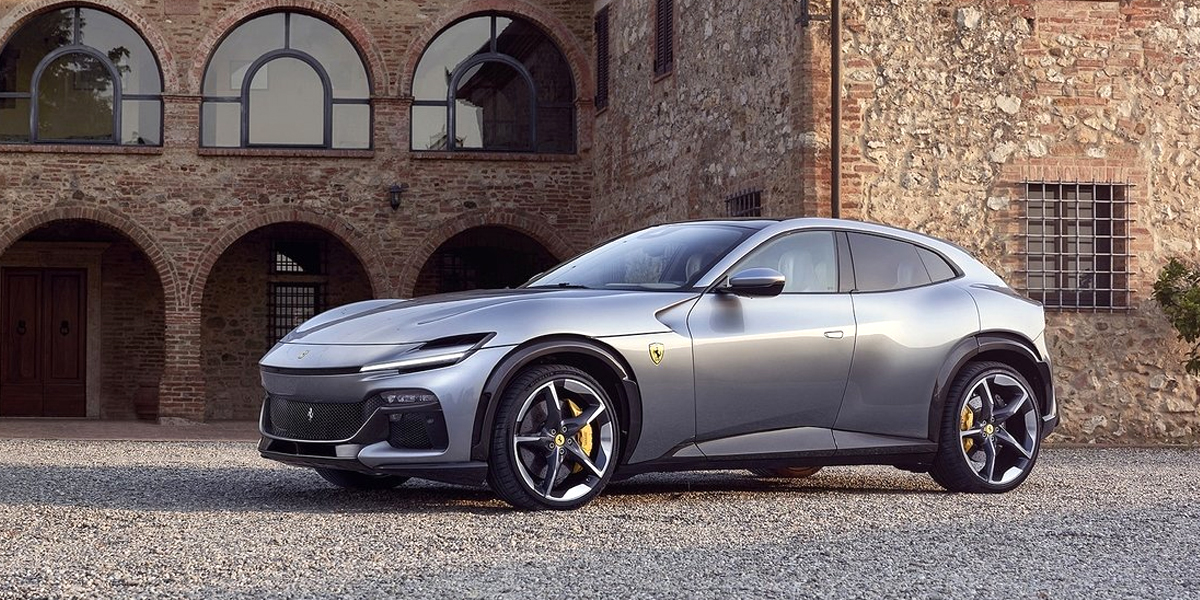Will EVs start mimicking petrol and diesel cars?
On By
As the automotive industry makes a conscious effort to swap out polluting petrol cars for environmentally-friendly electric cars, there’s concern amongst some that classic car features of the past are dying out and will never return.
EVs drive differently
EVs don’t have an internal combustion engine (ICE) which means they lack an array of features that excite the average petrolhead. Electric cars provide a totally different driving experience; there’s no gearbox, gearstick, clutch or manual handbrake.
EVs are built to be quiet too, so there’s no chance of revving a Ford Mustang Mach E like you would a classic petrol Mustang.
These differences have not gone unnoticed by major manufacturers. Increasingly we’ve seen electric vehicles include features that mimic popular aspects of traditional ICE cars in an attempt to get car enthusiasts onside.
Lexus' manual EV transmission
For many people, the simplicity and immediacy of an EVs instant torque and one-pedal driving is a big appeal. However, some driving purists prefer the hands-on coordination of going up the gears.
As a result, simulated gearbox technology is something that a few big car brands have been exploring for their electric vehicles.

Just last year news broke that Toyota had filed a patent for fake gearboxes. Later in 2022, Lexus, Toyota’s luxury vehicle division, showed off a simulated manual transmission prototype that it had deployed onto one of its EVs.
The Japanese carmaker’s mock manual transmission mimics the feel of a clutch as well as the gear stick in a set-up that has no mechanical connections to the rest of the EV. Lexus showed off the tech on a special version of its UX 300e in a video.
The system is complete with satisfying gear-clicking noises and fake internal combustion sounds to give drivers an authentic manual experience. The software ensures that you’ll have to go up the gears to increase the torque delivered and if you don’t press down on the clutch you can stall the car.
Simulated EV engine sounds
Another aspect of EV driving that is unsatisfactory to some is the lack of noise. An EV’s clean and exhaust-less electric transmission doesn’t have the oomph that a powerful petrol engine provides.
To solve this problem, many manufacturers have developed synthetic engine sounds that play when an EV drives.
Recently, Ferrari went a step further and filed a patent for a sound reproduction device that could emit an authentic electric motor sound.

The iconic Italian brand will be aware that its line-up is going to electrify over the coming years and the famous sounds produced by its V6, V8 and V12 engines will soon be no more. Consequently, Ferrari wants to get ahead of the game by developing a new idiosyncratic sound that is sourced directly from its EV’s motors.
The technology would be able to extract sounds from the internal components before amplifying and emitting them outside of the vehicle. The noise would correlate with the electric motor’s rotational speed allowing drivers to tangibly feel the power generated by their EV.
We’ve also seen Abarth go down a similar route with its latest 500e. The performance version of Fiat’s 500e features a sound generator that’s programmed with a sample of their petrol 695’s exhaust note. Abarth hopes that the recording gives motorists a more exciting driving experience.
Conclusion
Unfortunately for car enthusiasts, it just so happens that developing sustainable, clean and convenient cars involves scrapping age-old features that, for many, greatly enhance the driving experience.
As manufacturers look towards a progressive and sustainable future, the development of features that mimic ICE cars won't be a top priority, yet don't be surprised to see more big brands experimenting with new EV ideas.
Technologies like Lexus' fake gearbox might seem counterproductive at first glance, however, features like this could forge a niche market in a world without ICE cars. For now, though, anything that complicates the easy EV experience will likely have a tough time getting off the ground.

